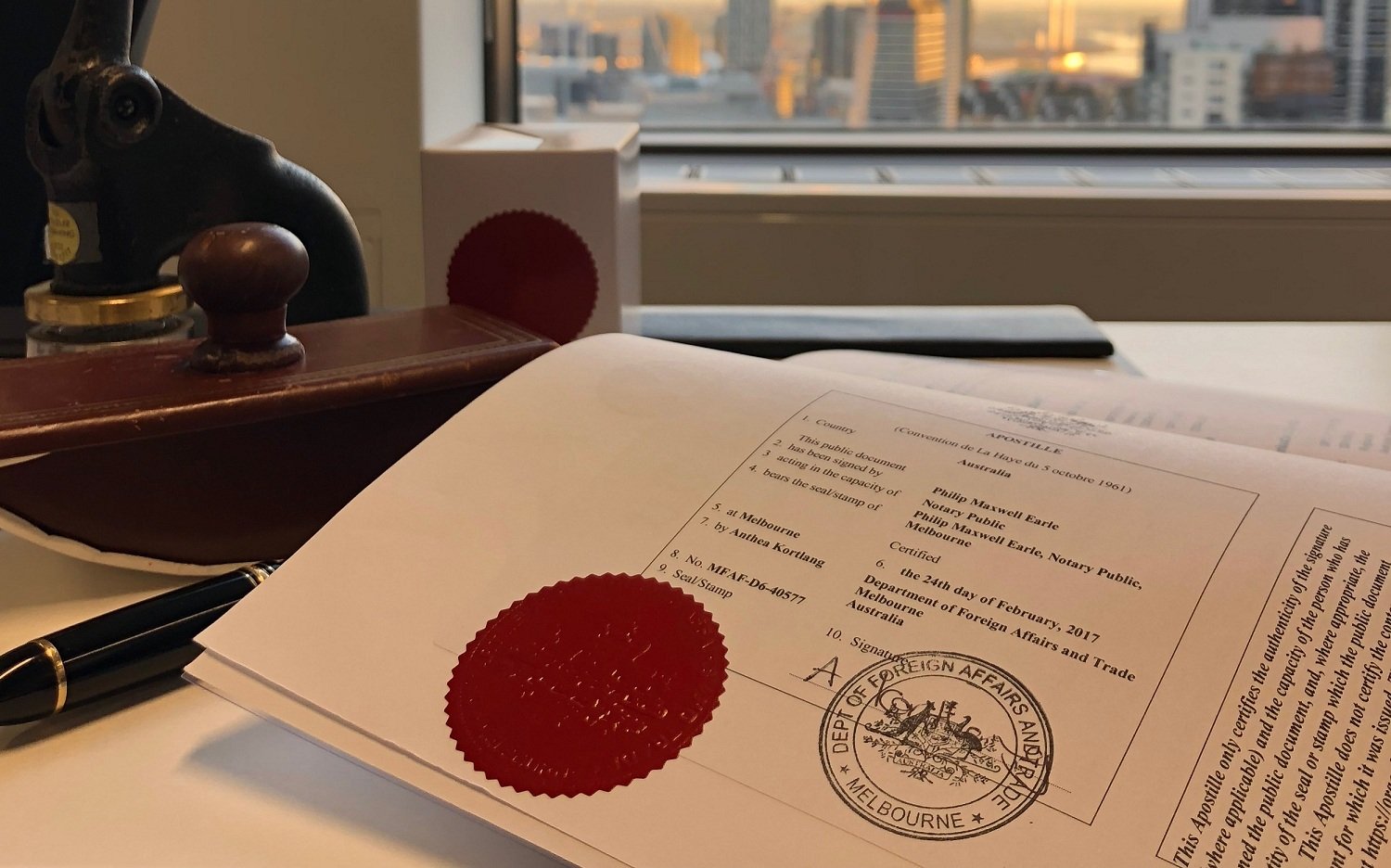Reputable Houston TX Apostille Solutions for Your Legal Documents
Reputable Houston TX Apostille Solutions for Your Legal Documents
Blog Article
Delving Into the Factors Behind the Necessary Need of Apostille Qualification for Legal Papers
In the realm of legal documents, the compulsory demand of apostille accreditation has actually ended up being a crucial facet that substantially impacts the validity and recognition of legal papers on a global range. Comprehending the rationale behind this need involves diving right into the elaborate web of lawful complexities, historic criteria, and global contracts that highlight the relevance of apostille accreditation in today's interconnected globe. By exploring the underlying reasons behind this prevalent requirement, a more clear picture arises of why this seemingly governmental process holds such tremendous relevance for organizations, individuals, and federal governments alike.
Historic Evolution of Apostille Qualification
How did the idea of apostille accreditation advance over time to become a necessary part of worldwide document validation? The demand for a streamlined method of confirming papers for use throughout borders came to be apparent as global profession and traveling increased.
Initially embraced by a few European countries, the Apostille Convention progressively gained global acceptance because of its performance and performance in confirming the authenticity of main papers. For many years, the convention's reach expanded as even more nations signed up with, acknowledging the apostille as an universally accepted type of document authentication. Today, apostille certification has actually become a standard requirement for confirming legal papers in international purchases, ensuring smooth interaction and legal process in between countries.
Simplifying International File Legalisation
The streamlining of worldwide file legalization procedures has considerably enhanced efficiency in cross-border transactions. Simplifying the procedure of legalizing records for international use has actually ended up being crucial in promoting swift and smooth purchases between countries. Among the essential mechanisms that have actually added to this simplification is the fostering of the Apostille Convention, which offers a standard approach for confirming the authenticity of documents throughout getting involved nations.
By sticking to the Apostille demands, countries consent to identify each various other's public files as legitimate without the need for additional legalisation. This gets rid of the typically cumbersome and extensive procedure of numerous verifications by different authorities, saving time and sources for organizations and individuals engaged in global activities.

Making Certain Record Authenticity and Validity
To make certain the authenticity and legitimacy of legal files in global transactions, rigid verification procedures are vital. By requiring apostille certification for legal papers, authorities aim to authenticate the origin Your Domain Name of papers and validate the signatures of individuals entailed.
Moreover, verifying the credibility of legal go to website files via apostille certification improves count on and self-confidence among celebrations taking part in international transactions. It gives assurance that the papers presented are real and legally binding, therefore reducing the risks linked with fraudulent activities. Additionally, making certain paper legitimacy through apostille accreditation streamlines the legalisation procedure, making it more effective and dependable for companies and individuals carrying out organization throughout borders. Eventually, by promoting stringent verification requirements, apostille qualification adds to a much more clear and protected international lawful structure.

Promoting Cross-Border Legal Acknowledgment
In the realm of global purchases, the apostille qualification not only guarantees the credibility and credibility of legal files but likewise plays an essential role in facilitating cross-border legal recognition (Houston Apostille). When lawful papers bear an apostille certificate, they are readily accepted by foreign authorities without the need for additional verification. This structured procedure expedites the recognition of records in different countries, promoting effectiveness and decreasing administrative obstacles in legal matters that go beyond national borders
Facilitating cross-border legal recognition with apostille qualification fosters depend on and confidence in the credibility of files exchanged between countries. This acknowledgment is particularly important in circumstances such as worldwide organization deals, fostering processes, or legal procedures entailing celebrations from various territories. By sticking to the requirements established forth by the Apostille Convention, countries consent to recognize the apostille seals affixed to records from other member countries, hence streamlining the procedure of legal recognition pop over to this web-site across boundaries. Eventually, the apostille certification acts as a fundamental device in promoting smooth global lawful participation and making sure the smooth procedure of cross-border transactions.
Conformity With International Treaty Standards
Conformity with worldwide treaty criteria is vital for guaranteeing the consistent application of lawful regulations across taking part countries. The Apostille Convention, established in 1961, details the demands for the acceptance of public documents amongst participant nations.
The Apostille qualification, as mandated by the treaty, acts as an assurance of authenticity for files such as birth certifications, marriage licenses, court judgments, and notarized actions. This standard technique helps stop fraud and ensures that legal documents stemming from one member country are readily accepted in one more. In addition, by abiding by global treaty criteria, countries show their commitment to upholding the concepts of transparency, trust, and cooperation in lawful matters on an international scale.
Verdict

In the realm of lawful documentation, the mandatory need of apostille qualification has actually ended up being an essential facet that significantly influences the credibility and acknowledgment of legal documents on an international range. Today, apostille qualification has ended up being a typical requirement for verifying lawful documents in worldwide transactions, ensuring smooth communication and legal procedures in between countries.
In addition, verifying the authenticity of lawful files with apostille qualification boosts count on and self-confidence among events involving in international transactions.In the world of global purchases, the apostille qualification not only makes sure the credibility and legitimacy of legal papers however also plays a pivotal role in promoting cross-border legal acknowledgment. By sticking to the standards set forth by the Apostille Convention, countries concur to honor the apostille seals attached to papers from various other member countries, therefore simplifying the procedure of legal recognition across boundaries.
Report this page